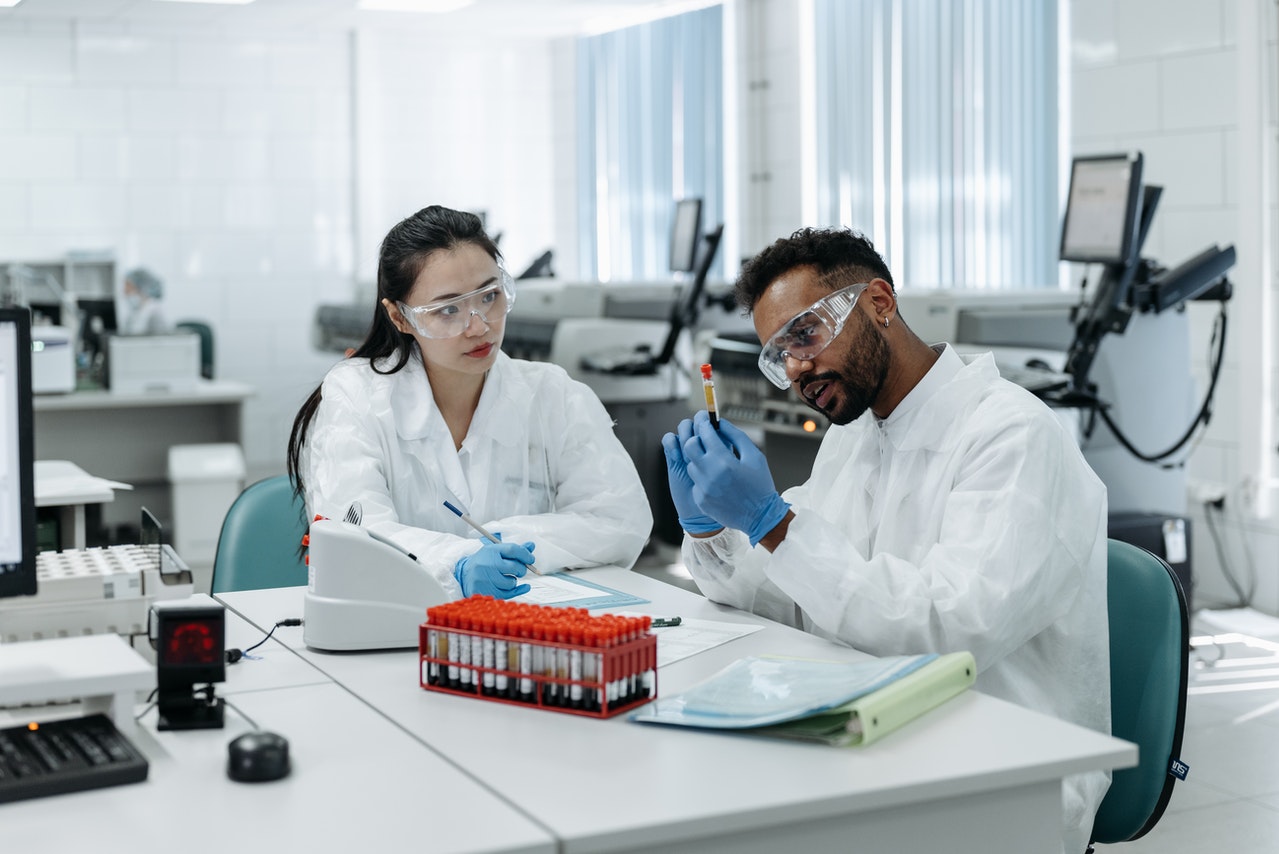If you are interested in sarcoma patient-derived xenograft (PDX) models for drug testing, please contact us at info@sofpromed.com
In vivo sarcoma patient-derived xenograft (PDX) models are essential tools for testing the efficacy and toxicity profile of new compounds in early drug development.
What are sarcoma PDX models used for?
Patient-derived xenograft (PDX) models are useful preclinical models that can, at least partially, reproduce the tumor microenvironment of the human body. This method has been widely used for new drug screening and biomarker development.
One of the most useful applications of sarcoma PDX models in preclinical research is the study of therapeutic mechanisms, as well as the identification of targets or biomarkers for sarcoma.
PDX models play an important role in personalized medicine through screening new compounds and testing drug combinations. Sarcoma cells isolated from tumor tissues may have limitations in precisely predicting clinical response. However, PDX models can be more reliable in sarcoma drug screening.
PDXs accurately replicate intratumoral heterogeneity, so that a range of agents can be tested on specific sarcomas.
How are sarcoma PDX models produced?
Sarcoma PDX models are produced by transplanting sarcoma tissues from patients into immunodeficient mice, which can reproduce the tumor microenvironment similar to primary tumors in human bodies.
In summary, sarcoma fragments or single-cell suspensions are collected from tumor tissues obtained by surgery or biopsy, and are transplanted under the skin, in the same organ as the original tumor or in the renal capsule in the recipient mouse.
Sarcoma: a complex life-threatening disease
Sarcomas are rare malignant tumors (about 1% of all human cancers) of mesenchymal origin with unique biological characteristics, deriving from connective tissues (soft tissue sarcomas) or bones (e.g., Ewing’s sarcoma, osteosarcoma, chondrosarcoma, chordoma). Given their great heterogeneity and rarity, the clinical management of sarcomas is highly complex.
For example, soft tissue sarcoma (STS) is a heterogeneous group of tumors comprising more than 60 distinct subtypes. The most common STS are liposarcomas, leiomyosarcomas, and synovial sarcomas. The great diversity of sarcoma genotypes makes treatment of this family of diseases exceptionally difficult.
Similarly, bone sarcomas constitute a highly heterogeneous tumor group from a molecular and genetic perspective. The three main bone sarcomas are osteosarcoma, Ewing’s sarcoma and chondrosarcoma, each subdivided into different histologies. They have a high morbidity and mortality, particularly in children and young adults.
Current sarcoma therapeutic options
Most sarcoma subtypes continue to be treated with traditional therapeutic approaches. Surgery, with or without adjuvant or neoadjuvant radiation, is the most common strategy for localized disease. More than 50% of sarcoma patients will develop metastatic disease, which is treated with chemotherapy and, most recently, with new molecularly targeted agents.
After 30 years, doxorubicin remains the standard of care in first line of advanced disease for many soft tissue sarcomas, while other compounds such as gemcitabine, trabectedin, pazopanib, eribulin, among others, are used for second and further lines of systemic treatment.
The treatment for bone sarcoma depends on the type of tumor and how far it has spread. The main treatments are surgery, chemotherapy, and radiotherapy. For example, a chemotherapy combination, called MAP, which includes cisplatin, doxorubicin, and high doses of methotrexate, has been used mainly for the treatment of osteosarcoma.
All these drugs have shown clinical activity but, unfortunately, they are not sufficient to offer a curative attempt. Therefore, new treatments for sarcoma are desperately needed.
The importance of PDX models to design robust sarcoma clinical trials
The establishment of solid preclinical models is critical for translational sarcoma research, considering the unsuccessful results of new drugs in clinical trials.
Moreover, the rarity of each sarcoma subtype makes clinical trials very difficult. Even sarcoma-specific trials have often recruited subjects with very different sarcoma subtypes, resulting in highly heterogeneous patient series.
Since the number of patients who can be participate in clinical trials is limited for sarcomas (especially in the case of ultrarare sarcomas), conducting robust preclinical studies to assess the activity of potential drug candidates can make a big difference.
What sarcoma PDX models can we offer?
Sofpromed, in collaboration with its preclinical partners, provides access to characterized sarcoma PDX models, including the following resources and services:
- Readily available sarcoma PDX models, including leiomyosarcoma, liposarcoma, malignant peripheral nerve sheath tumor (MPNST), solitary fibrous tumor, alveolar soft part sarcoma, clear cell sarcoma, osteosarcoma, Ewing’s sarcoma, gastrointestinal stromal tumor (GIST), among other subtypes.
- Molecular and pharmacological characterization.
- Integrated strategy using the same PDX models and/or the corresponding cell culture.
- 2D/3D screening assays and in vivo PDX efficacy studies for new compounds or drug combinations.
- Identification of biomarkers (prediction of tumor sensitivity to new drugs).
- In vivo testing of multiple drugs, drug doses, or drug combinations.
In addition to sarcoma patient-derived xenograft (PDX) models, we can also provide human-derived cell lines for specific sarcoma subtypes in order to carry out in vitro preclinical testing of new drugs.
If you are interested in sarcoma patient-derived xenograft (PDX) models for drug testing, please contact us at info@sofpromed.com









